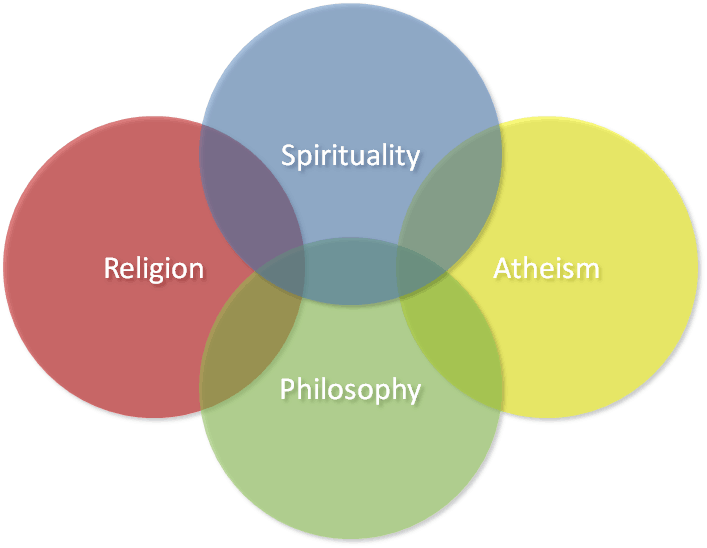
15 Feb What is the role of philosophy in spirituality?
Scholarly logic has, to a vast degree, turn into an excessively intellectualized, dynamic, and frequently self-important corruption of what reasoning was initially expected to be about; in any event on the off chance that we pass by what left Ancient Greece’s brilliant time of rationality. I would dare to state that numerous scholars and teachers of theory, who are frequently called ‘savants’ don’t really fit the definition. In Socrates’ circumstances, individuals who played out these administrations for cash were called ‘sophists’ and got judgment from the savants. Nonetheless, it would not be down to earth or sensible for us to denounce entirely scholarly rationalists of today in a similar way given the substances of our reality. They, truth be told, are doing respectable work in instruction. Yet, it is essential to comprehend the vital contrasts between the theory we frequently observe communicated as a scholastic subject in our schools, and the connected living logic of the antiquated rationalists.
The vast majority know the word logic signifies “love of shrewdness”. On the off chance that we recollect that insight isn’t the same as learning, at that point a scholar isn’t somebody who basically gushes off specialized language and name-drops masterminds of the past. Or maybe, fundamentally, a logician is a man who asks, “What is being insightful, and how might I be smarter?” More particularly, whenever you are asking “what will be?”, “what should be?” or “how would I know possibly?” you are doing theory, or some subset of it.
All the more imperatively, a scholar is somebody who accomplishes more than think and talk – suppositions are very common and matter close to nothing. Be that as it may, logicians additionally act as indicated by that knowledge and look to make their lives a living case of it. Having a degree in logic from a college doesn’t make you a scholar; nor does composing books, having a high IQ, or knowing a considerable measure of incidental data about philosophical history. Expanded learning will undoubtedly occur as we seek after knowledge and degrees can be one approach to help with that. In any case, it is the seeking after of insight and living an astute, principled, reliable, and analyzed life that makes you a logician.
In this sense, when theory is honed as a way of life, it will personally associate with our otherworldly existence. In the event that Spirituality is tied in with concentrating on the basic things in life so as to develop ourselves for more prominent thriving, at that point this is impossible without sound and steady logic. This is the reason conventions, for example, Stoicism and Buddhism are the two methods of insight, and additionally religious and profound ways. With a sound philosophical supporting, our practices bode well – associating our comprehension of the world with how we live in it, and giving the reason behind that arrangement of training and the objective it is intended to accomplish. One may state logic is the outline, profound practice is the development, an existence very much lived is the building, and thriving is the home – and the greater part of this is of what our deep sense of being comprises.


